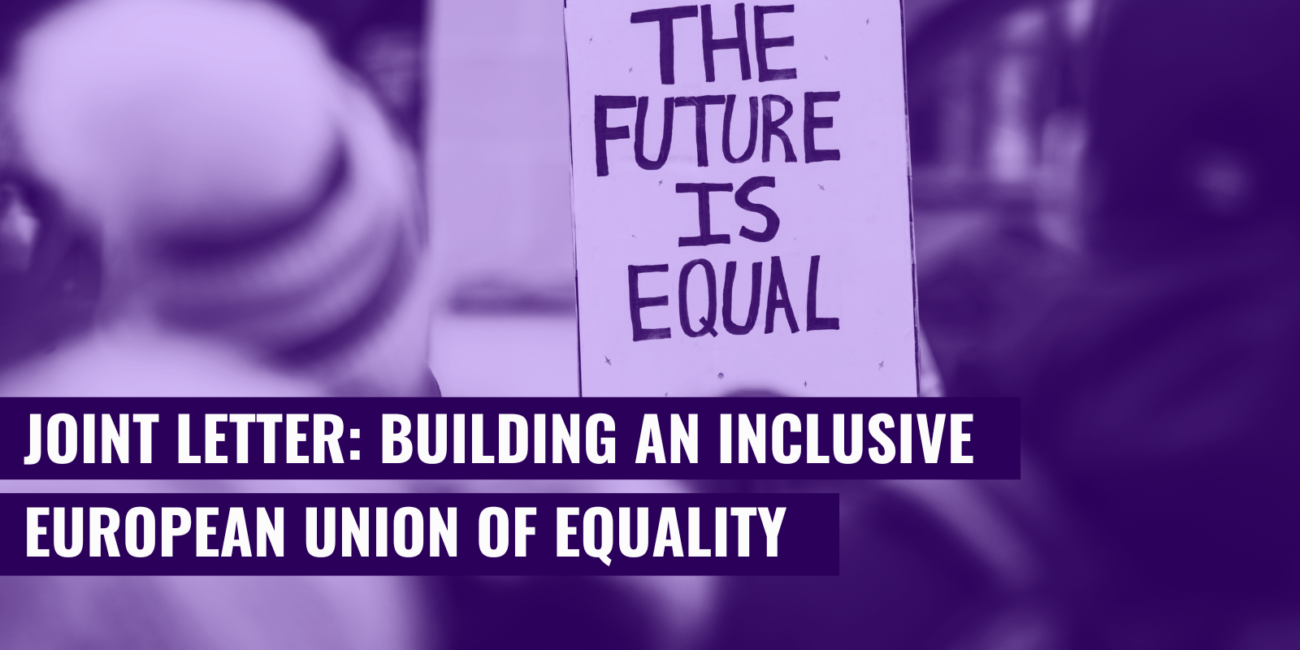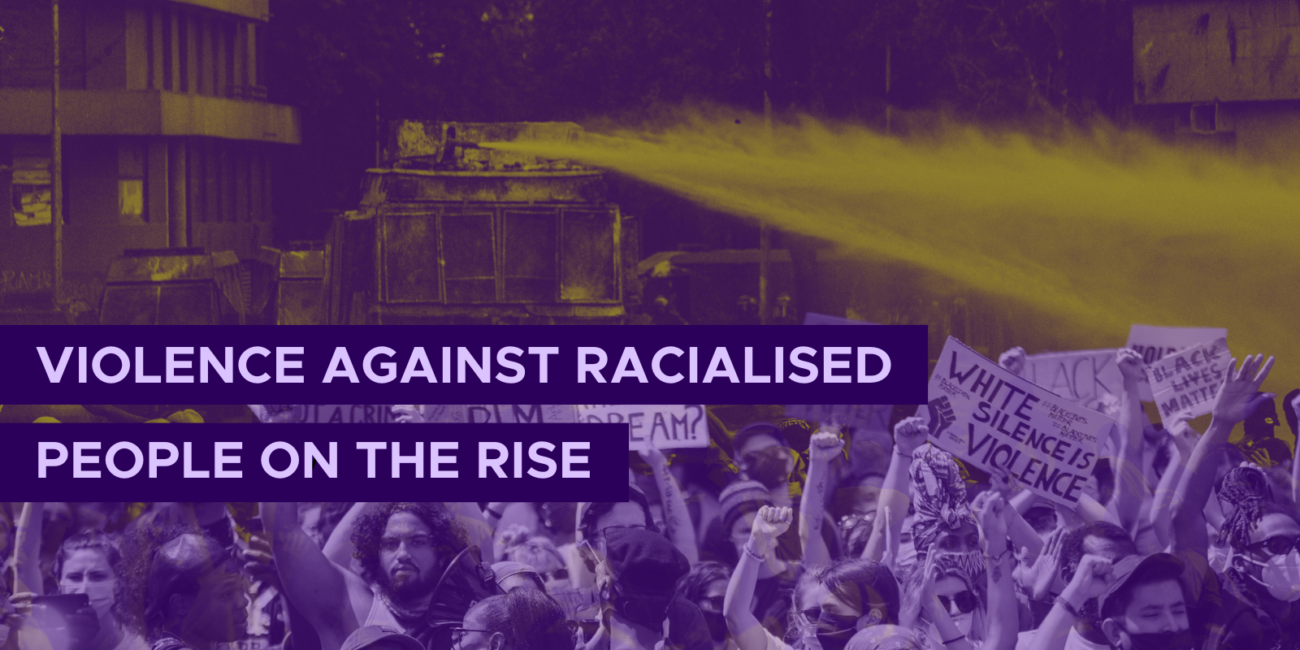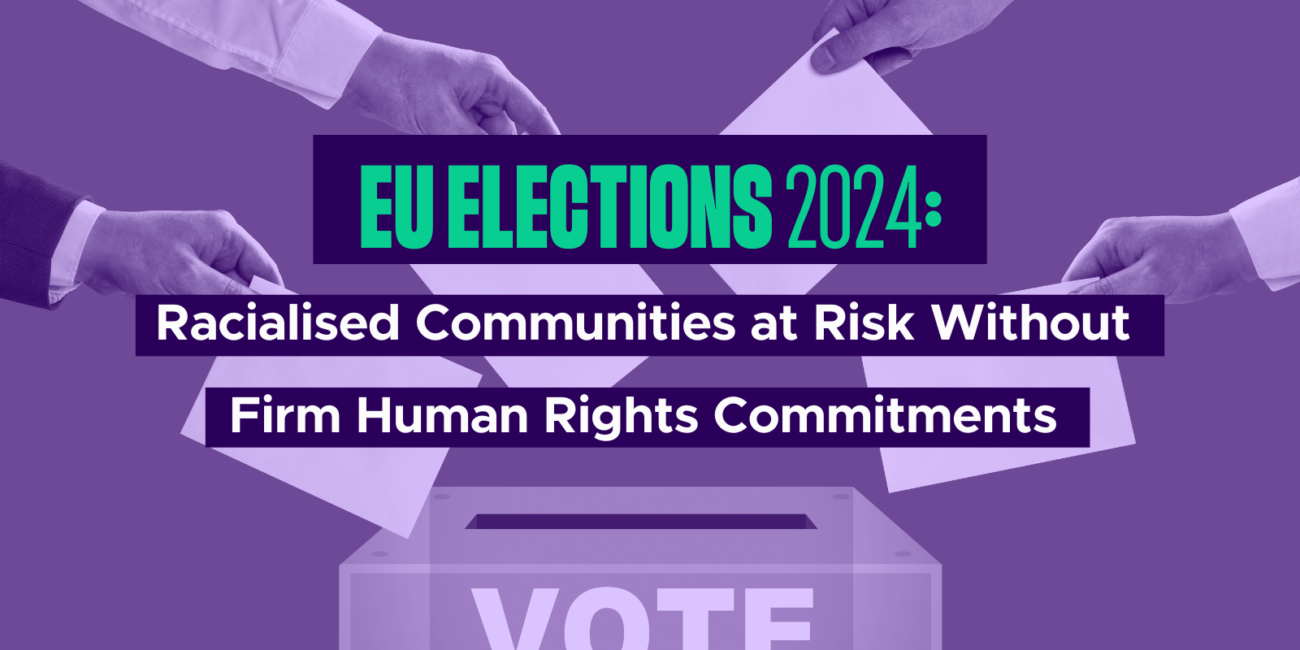STRUCTURAL RACISM

Structural racism is a product of a system in which public policies, institutional practices, cultural representations, and other norms work in various ways to perpetuate racial inequity, and has been a feature of the social, economic, and political systems in which we all exist.
Read More
Structural racism in Europe is a deeply ingrained issue that persists within various societal institutions, perpetuating discriminatory practices and inequalities faced by racial and ethnic minority communities.
Structural racism refers to the systematic discrimination and disadvantage faced by racial and ethnic minority groups within social, economic, and political structures. In Europe, this manifests in multiple forms, including discriminatory immigration policies, racial profiling by law enforcement agencies, educational disparities, and labor market exclusion. Marginalised communities experience disproportionate rates of poverty, limited access to quality healthcare and housing, and barriers to social integration, all of which reinforce the cycle of discrimination and exclusion.
Anti-racist perspectives shed light on the systemic nature of racism, emphasising the need for comprehensive and sustained efforts to address these inequalities.
Addressing Structural Racism through Civil Society Organizations:
Civil society play a vital role in challenging structural racism in Europe. Through research, advocacy, and mobilization efforts, these organizations strive to raise awareness, promote policy changes, and ensure that racial equality and social justice become key priorities. They engage in lobbying efforts to influence legislation, push for anti-racist policies, and hold public institutions accountable for their actions. Additionally, they provide platforms for affected communities to voice their experiences, foster alliances with other social justice movements, and develop educational programs to combat stereotypes and promote intercultural understanding.
ENAR works towards combating structural racism in Europe by advocating for change, promoting inclusivity, and fostering social justice. However, addressing structural racism requires collective efforts from governments, institutions, and individuals to dismantle systemic barriers, challenge discriminatory practices, and ensure equal opportunities for all members of society.







